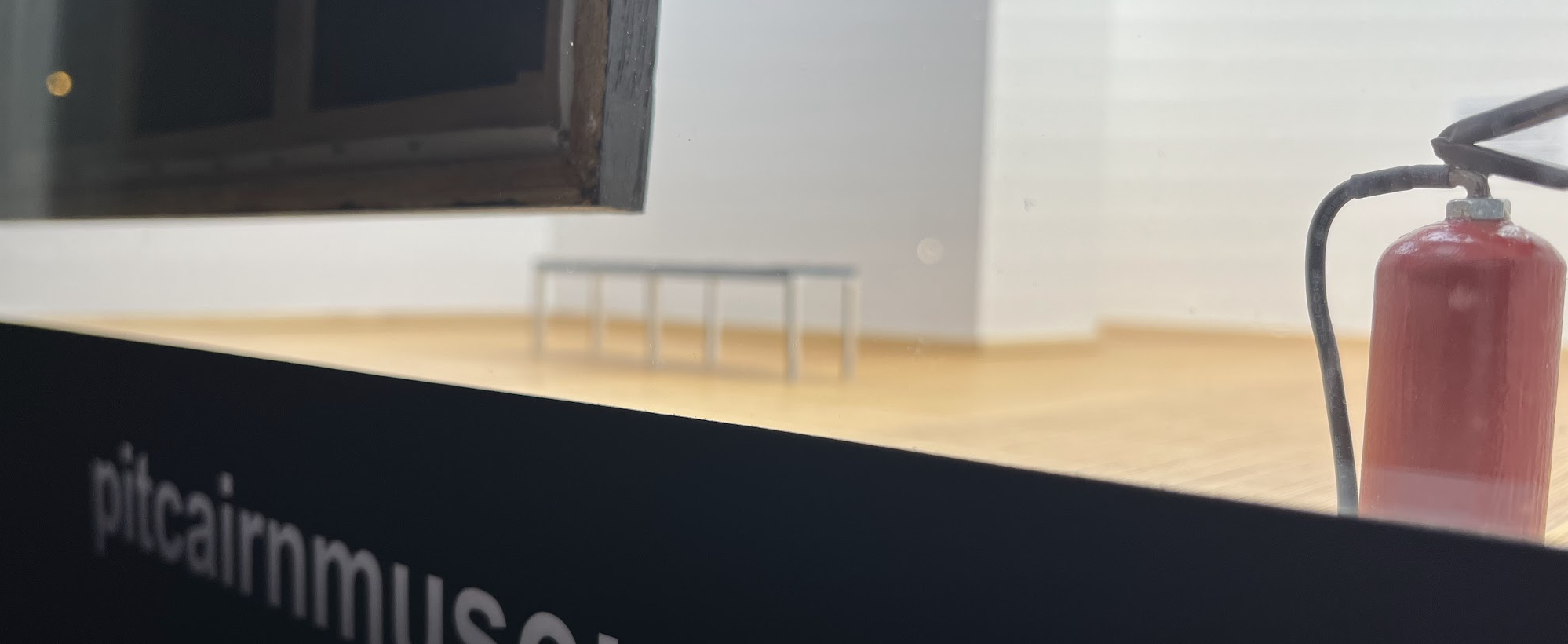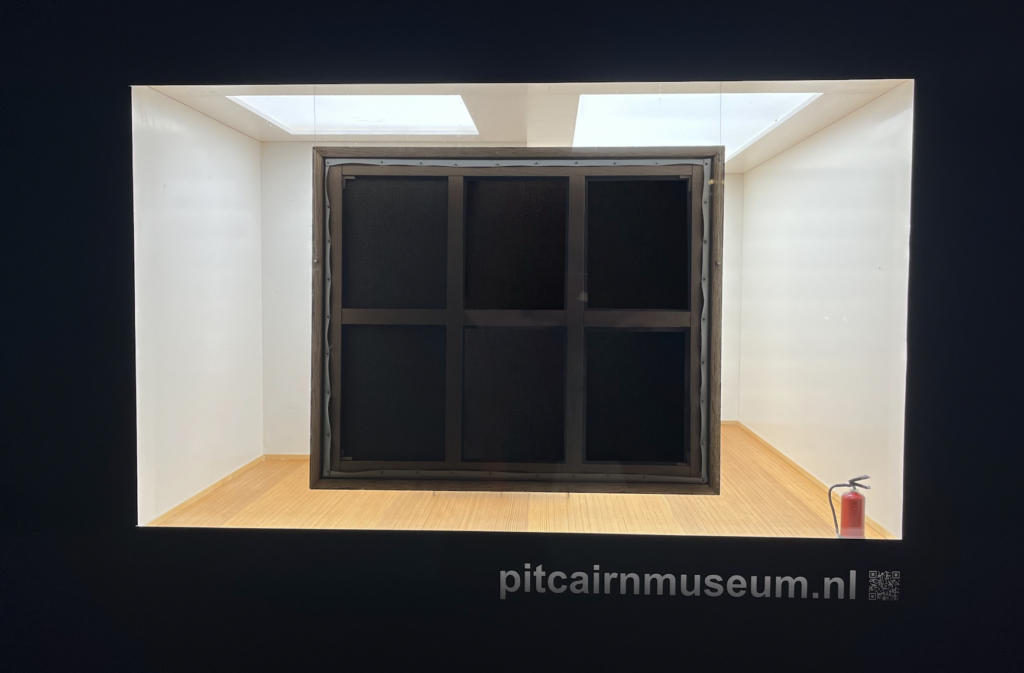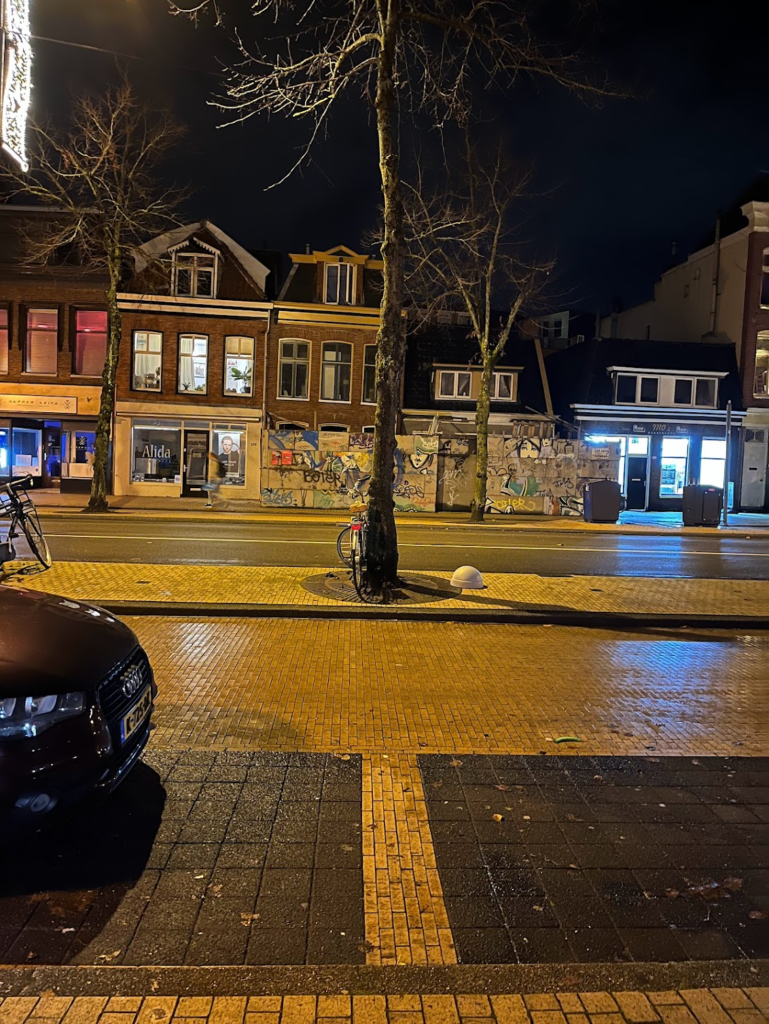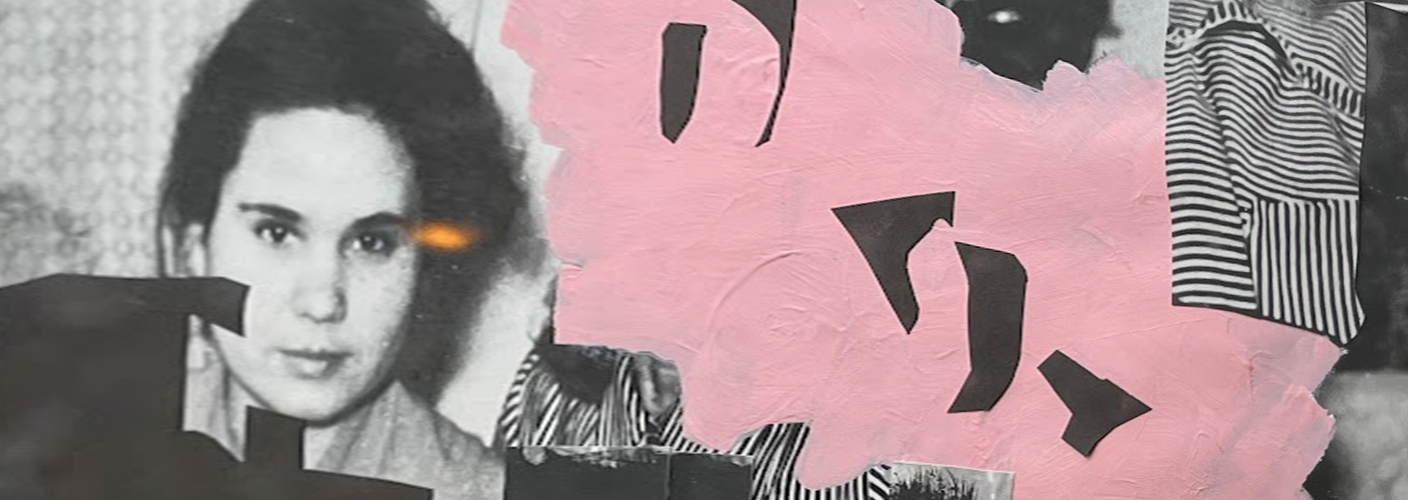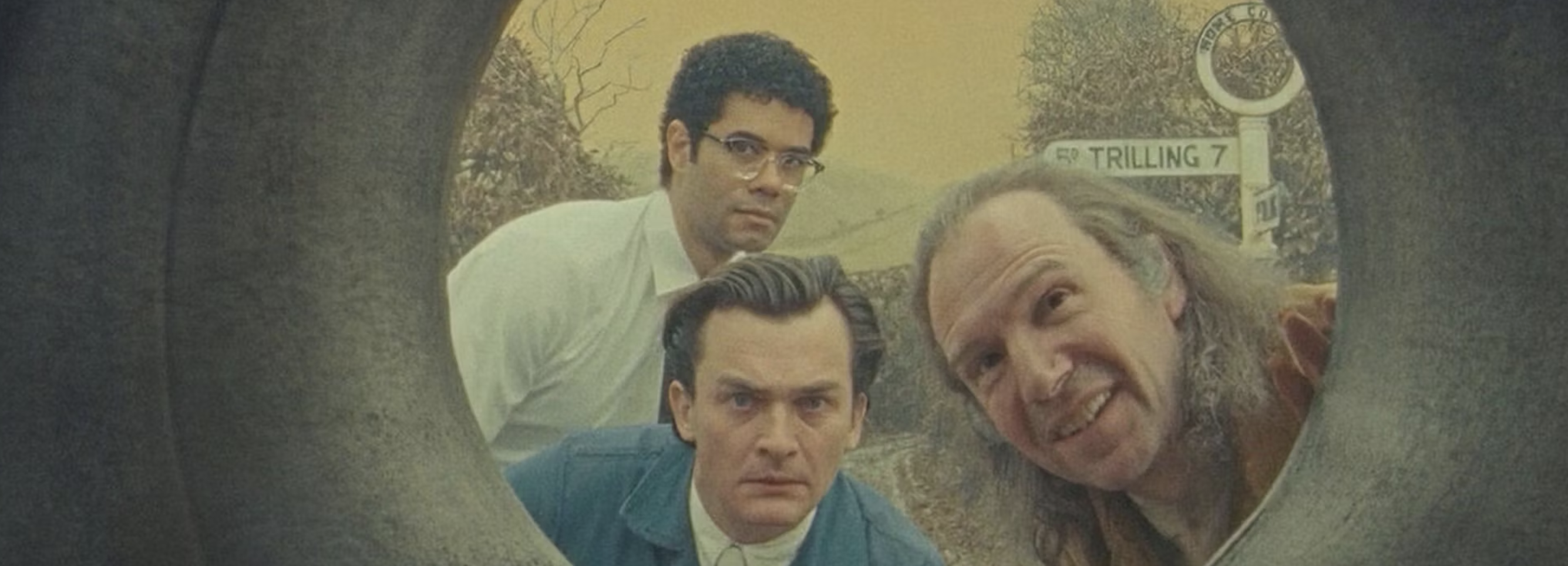Also on my Letterboxd, and a sequel to my review of the first one.
cover the second half of this film.
Look, I don’t want to accuse Mr Snyder of anything, but if I thought there was any kind of coherent ideology to this beyond “Star Wars and Seven Samurai are cool and Netflix will give me $166 million American dollaridoos to make a 2-part 5-hour remix of them,” I’d be extremely suspicious of a lot of what’s going on here. That the planet is called “Veldt,” for one.
The shift of focus from, in the first one, a competent adult who knows what she needs to do, to, well, the gang she’s assembled just… doing it, really highlights the extent to which this has not a single original idea going for it. Where this could’ve been a take on Luke Skywalker, blazing with righteous fury at the injustices of the world around him, finally doing something about it, instead it all just serves to reinforce the cold, oppressive, authoritarian bleakness Mr Snyder has so consistently forced upon the culture around him. It’s all just unpleasant.
The film truly never makes a case for her quest, or for anything at all, beyond that that’s simply what you do in one of these. She doesn’t need to learn anything to achieve her goals, she simply knows who to reach out to and does so. Space Nazis line up their Stormtroopers because that’s what they do in Star Wars, her gang trains the people of Veldt because that’s what they do in Seven Samurai. Cary Elwes gets stabbed by two dozen men in togas because he’s supposed to be Ceasar. You’ve seen every part of this before.
And so she plods ever onwards, taking her team back home to her South African-coded home moon — which she and her gang successfully defend, saving the world’s most generic day from the world’s most generic antagonist, generically. What happens next in this world? Is Kora now equipped for future attacks? If Mr Snyder cares, the impression doesn’t come across. I’m baffled by the idea that anyone would want to find out.
Truly, this is Zack Snyder’s Rebel Moon — Part Two: The Scargiver, in which the picture’s equivalent of Luke Skywalker achieves the quest she sets out on, exactly like you expect she will, in the exact ways you know she will. I don’t remember exactly where the first one ended, but let’s just say there’s a reason this kind of story doesn’t usually get split into parts like this.
A mistake George Lucas makes in the 90s is he starts using character tropes from the old film serials he enjoyed in his childhood too uncritically, too un-remixed — the bumbling local, the sniveling merchant, the conniving bankers — and so they end up too close to those originals for comfort, and come across as racist clichés. Mr Snyder, really, makes a very similar mistake. All of these parts work in their obvious primary source, and all of these parts work in other movies all the time. But where with Lucas you can feel the fondness, the admiration, the love — here it feels cynical, cold, calculated. There’s no heart here.
I feel about Mr Snyder’s work like most cats do about going to the vet, every now and then they come out and you can tell it wasn’t that bad, but most of the time they go in reluctantly and come out knowing damn well somebody just did something to their nethers without their consent. And 2024’s Rebel Moon — Part Two: The Scargiver is the exact cultural spaying and neutering it looks like.
A real movie to vacuum during. I mean, I vacuumed earlier, but




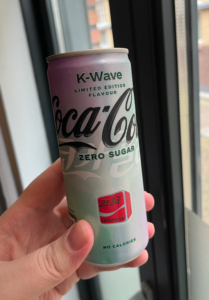 The problem with finding weird sodas like this is I’m only really looking at the soft drinks aisle when I’m in the mood for something brown and fizzy to drink, so I buy these, put them in the fridge, and end up keeping them in there for a week, not even drinking then when I’m thirsty, because I figure, no, I should do this properly, I should do a review. Such was the case with this can of Coca-Cola Zero Sugar Creations: K-Wave Limited Edition, which makes no big claims on the can itself but is apparently inspired by K-Pop.
The problem with finding weird sodas like this is I’m only really looking at the soft drinks aisle when I’m in the mood for something brown and fizzy to drink, so I buy these, put them in the fridge, and end up keeping them in there for a week, not even drinking then when I’m thirsty, because I figure, no, I should do this properly, I should do a review. Such was the case with this can of Coca-Cola Zero Sugar Creations: K-Wave Limited Edition, which makes no big claims on the can itself but is apparently inspired by K-Pop.